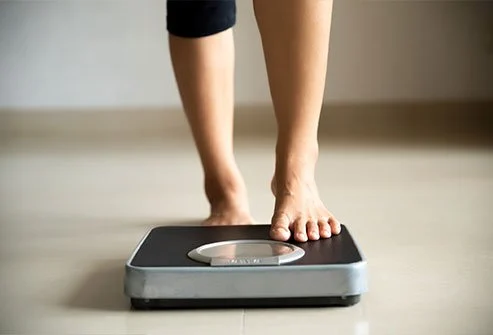Does Gabapentin Cause Weight Gain? A Detailed Look at Side Effects, Dosages, and More

Introduction
Gabapentin is a widely prescribed medication primarily used to manage nerve pain, seizures, and sometimes anxiety. Does Gabapentin Cause Weight Gain? While its effectiveness in treating these conditions is well-established, patients often wonder about potential side effects, including whether gabapentin causes weight gain. Weight changes can be a concern for those who take the drug long-term, especially if they are managing other health conditions. In this article, we’ll explore the connection between gabapentin and weight gain, examine other common side effects, and provide insights into dosages and tips for minimizing unwanted effects.
—
Gabapentin and Weight Gain: Is There a Link?
Yes, gabapentin has been linked to weight gain in some individuals, but this side effect is not universal. Research and anecdotal evidence suggest that weight gain is more likely to occur in individuals taking higher doses or using the medication over an extended period. However, for most people, the increase in weight is usually mild.
Several factors may contribute to weight gain while on gabapentin:
1. Increased Appetite: Gabapentin can sometimes stimulate appetite, leading to higher caloric intake.
2. Fluid Retention: The medication may cause the body to retain water, creating a bloated or heavier feeling.
3. Reduced Activity Levels: Side effects like drowsiness or fatigue can lead to decreased physical activity, indirectly contributing to weight gain.
4. Metabolic Changes: Though less common, gabapentin might affect how the body stores fat or uses energy.
Other Common Side Effects of Gabapentin Weight Gain
While gabapentin is generally well-tolerated, it can cause side effects beyond potential weight changes. Commonly reported side effects include:
Drowsiness or fatigue:
This can make it challenging to stay active or alert.
Dizziness:
A feeling of lightheadedness is common, especially at the beginning of treatment.
Coordination issues:
Some individuals report difficulty with balance or motor control.
Mood changes:
In rare cases, gabapentin can cause anxiety, irritability, or depression.
If side effects interfere with your daily life, consult your healthcare provider to discuss potential adjustments.
Dosages and Individual Responses(Does Gabapentin Cause Weight Gain?)
Gabapentin dosages vary widely depending on the condition being treated. Typical dosages range from 300 mg to 3,600 mg per day, divided into multiple doses.
– For nerve pain, doctors usually start with a low dose (300 mg) and gradually increase it based on effectiveness and tolerance.
– For seizures, higher doses may be required to achieve therapeutic benefits.
Your body’s response to gabapentin can depend on factors like age, weight, metabolism, and other medications you’re taking. Always follow your doctor’s recommendations and avoid self-adjusting the dosage, as this can increase the risk of side effects.
Tips to Manage or Avoid Weight Gain:
If you’re concerned about weight gain while taking gabapentin, here are some strategies to help:
1. Stay Active: Incorporate regular exercise into your routine, even if it’s light activity like walking or yoga.
2. Monitor Your Diet: Be mindful of your portion sizes and choose nutrient-dense foods over processed snacks.
3. Hydrate: Drinking water can help combat fluid retention and curb unnecessary snacking.
4. Track Changes: Keep an eye on your weight and appetite patterns. If you notice significant changes, discuss them with your doctor.
5. Review Your Medications: If weight gain becomes problematic, your doctor may adjust your dose or explore alternative treatments.
Conclusion
Gabapentin is a valuable medication for many conditions, but like any drug, it comes with potential side effects, including weight gain for some users. While this side effect is not guaranteed and is often mild, being proactive with diet, exercise, and communication with your healthcare provider can make a big difference in managing it. If gabapentin is helping you manage nerve pain or seizures effectively, the benefits may far outweigh the drawbacks. Remember, every individual responds differently, so personalizing your approach is key.
For those navigating their health journey, understanding potential side effects empowers you to make informed decisions. Always consult your doctor if you have concerns, and don’t hesitate to explore adjustments to ensure you feel your best.
